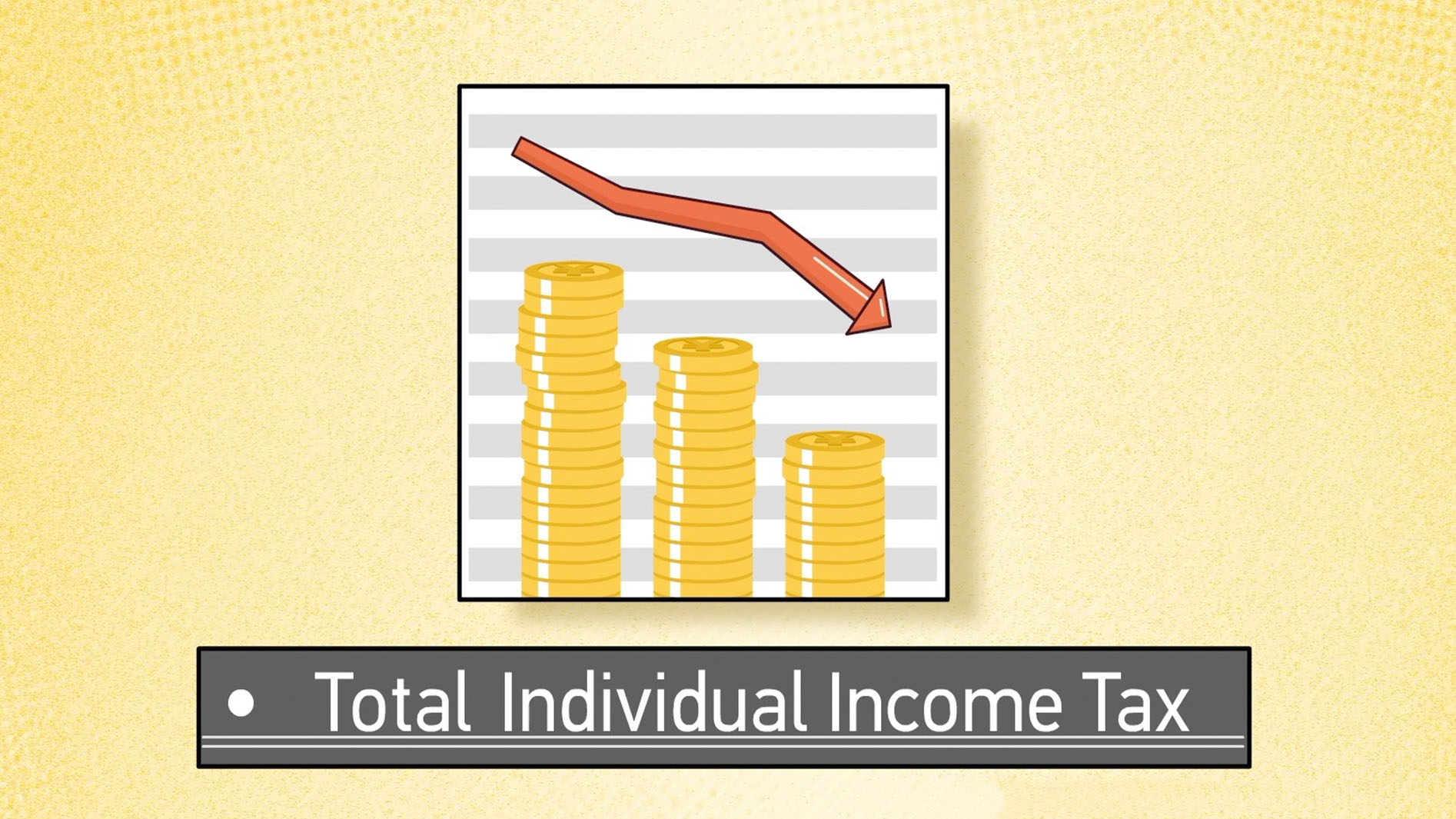
Domestic
18:25, 12-Mar-2019
Explaining China's latest tax reform
CGTN
03:18

Those who make 8,000 yuan a month (roughly about 1,190 U.S. dollars) have seen their disposable income rise recently. How did this happen?
The extra cash is thanks to China's reform of the individual income tax.
After the revision, the individual income tax threshold was raised from 3,500 yuan (520 U.S. dollars) to 5,000 yuan (744 U.S. dollars).
For example, if you make 8,000 yuan or 1,190 dollars a month, previously, you had to pay tax on 4,500 yuan of it or 669 dollars.
The tax you paid was 345 yuan or 51 dollars calculated by applying the tax rate to the taxable amount. After the reform, only 3,000 yuan is taxable at a minimum rate of three percent. It means you pay 90 yuan in tax per month or 13.40 dollars, so you save 255 yuan or roughly 37.95 dollars.
In addition to raising the individual income tax threshold, the reform has added six new items to the tax exemption list. Issues of the widest public concern, such as education, medical care, elderly care and housing, have all been covered.
From October 1, 2018, the first step of the reform was carried out for three months. During this period, individual income tax declined by about 100 billion yuan or 14.88 billion dollars, and more than 70 million people were exempted from paying income tax. The six additional exemptions took effect on January 1, 2019, and will benefit tens of millions of people, bringing the annual tax reductions to more than 300 billion yuan or 44.65 billion dollars.
This is the seventh amendment to the Individual Income Tax Law of the People's Republic of China since 1980. It is also the first time that special additional exemptions, which are a common practice in Western countries, have been adopted in view of the rising cost of living and the financial pressures on families.
Since the founding of the People's Republic of China 70 years ago, especially after the launch of reform and opening-up 41 years ago, the Chinese economy has made tremendous progress. The economic focus has shifted from efficiency to equity. Taxes are an important regulating approach, and this tax reform is an important step toward adjusting income distribution and achieving equity.
Read more:

SITEMAP
Copyright © 2018 CGTN. Beijing ICP prepared NO.16065310-3
Copyright © 2018 CGTN. Beijing ICP prepared NO.16065310-3